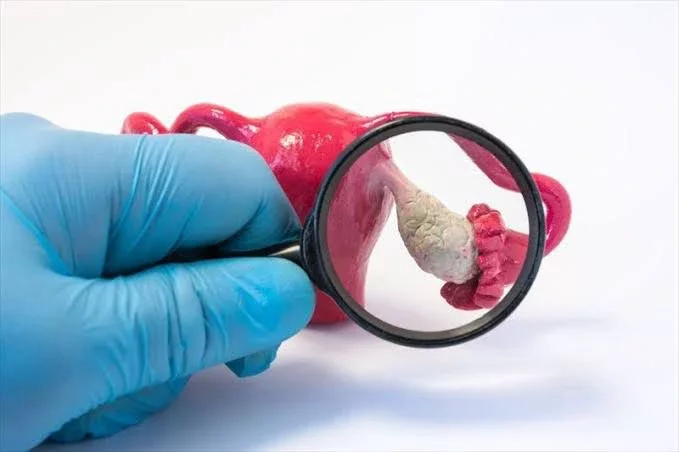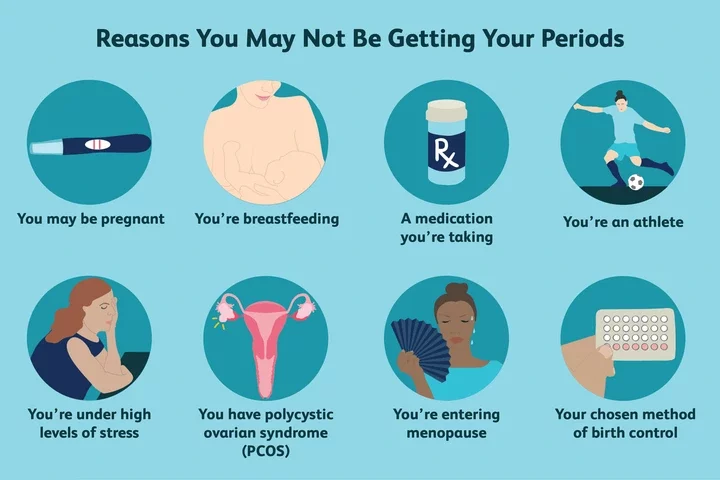For centuries, society has been surrounded by myths and misconceptions when it comes to discussing topics related to menstruation. One such misconception often debated is whether having intimacy during a woman's period leads to infections. While cultural taboos and misinformation have perpetuated this myth, it is crucial to shed light on the scientific facts behind the topic. In this article which is in accordance to medicalnewstoday, we will explore the truth behind the common belief and provide evidence-based information to debunk this myth once and for all.

Understanding Menstruation:
Before diving into the topic at hand, it is essential to understand menstruation itself. Menstruation, commonly known as a woman's period, is a normal physiological process that occurs in the reproductive system. During this time, the uterus sheds its inner lining in preparation for potential pregnancy, leading to vaginal bleeding.
Bodily Changes and Health Risks:
Contrary to popular belief, having intimacy during a woman's period does not inherently cause infections. However, it is important to note that hormonal fluctuations during menstruation can result in bodily changes that may slightly increase the risk of certain infections. These changes include alterations in the vaginal pH, changes in cervical mucus, and a weakened immune response.
Vaginal pH and Infections:
The vaginal environment typically maintains a healthy pH level of around 3.8 to 4.5, creating a slightly acidic environment that helps prevent the growth of potentially harmful bacteria or fungi. However, during menstruation, the pH level may increase due to the presence of blood, which creates a more alkaline environment. This change in pH may potentially increase the risk of developing bacterial vaginosis or other vaginal infections.
Cervical Mucus and Infections:
Another factor that may contribute to an increased risk of infections during menstruation is changes in cervical mucus. The consistency and composition of cervical mucus can vary throughout the menstrual cycle, with an increase in mucus production and a thicker consistency occurring during menstruation. These changes can provide a favorable environment for bacteria or pathogens to thrive, potentially leading to infections.
Weakened Immune Response:
Additionally, the immune response within the reproductive system may weaken during menstruation, making it slightly more susceptible to infections. The body's defense mechanisms may be focused on shedding the uterine lining, resulting in a temporary decrease in immune efficiency. However, it is important to highlight that the immune system remains vigilant and effectively fights off most common infections.
Maintaining Hygiene:
Although having intimacy during menstruation does not cause infections, it is crucial to maintain proper hygiene to minimize any potential risks. Both partners should prioritize cleanliness and take necessary precautions, such as using condoms, maintaining good hand hygiene, and practicing safe intimate practices.
Preventing Infections:
To mitigate the slight increase in risk associated with menstrual intercourse, individuals can adopt several preventive measures. Firstly, individuals should avoid any intimate activities if either partner has any sèxually transmitted infections (STIs), as the risk of transmission may be slightly higher during menstruation due to the changes in the reproductive system.
Moreover, using latex or polyurethane barriers, such as condoms or dental dams, can serve as a protective measure against potential infections. Additionally, promptly changing tampons or sanitary napkins every few hours is crucial for maintaining personal hygiene and reducing the risk of infections.
Consulting Healthcare Professionals:
If individuals have concerns or experience symptoms such as unusually heavy bleeding, foul odor, severe pain, or any signs of infection, it is essential to seek medical advice. Qualified healthcare professionals can provide the necessary guidance, perform relevant tests, and prescribe appropriate treatments, if needed.
















Comments